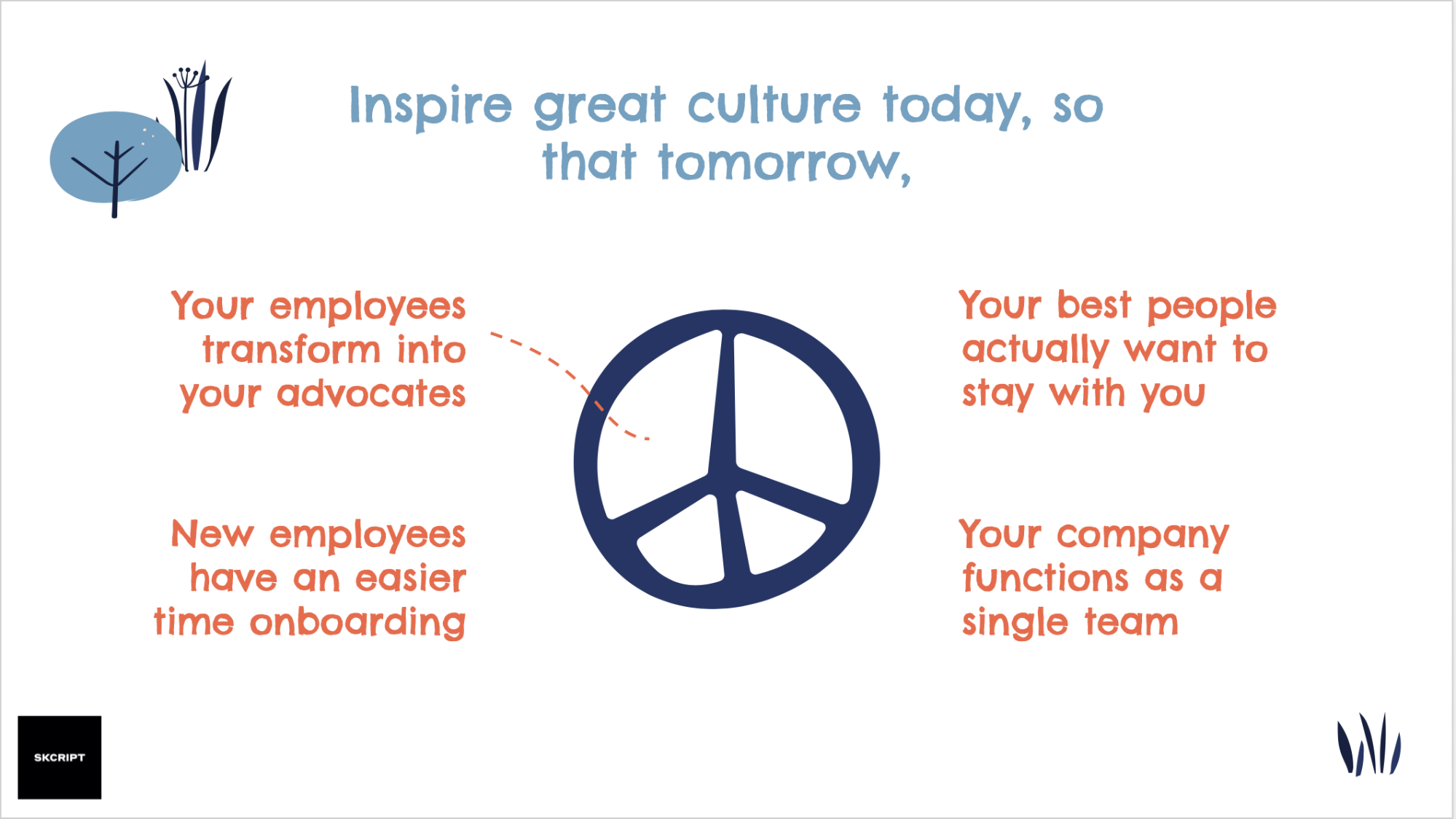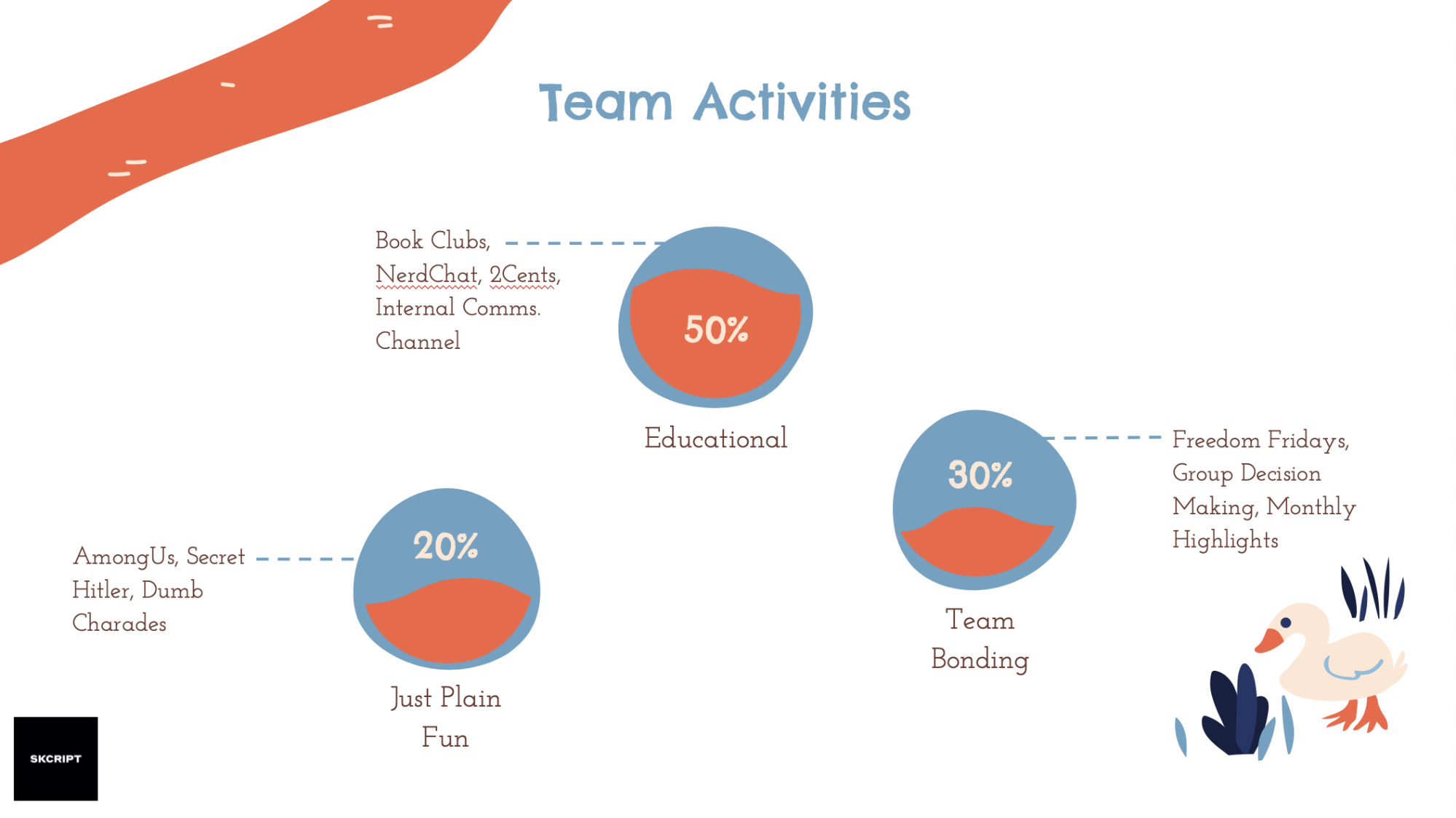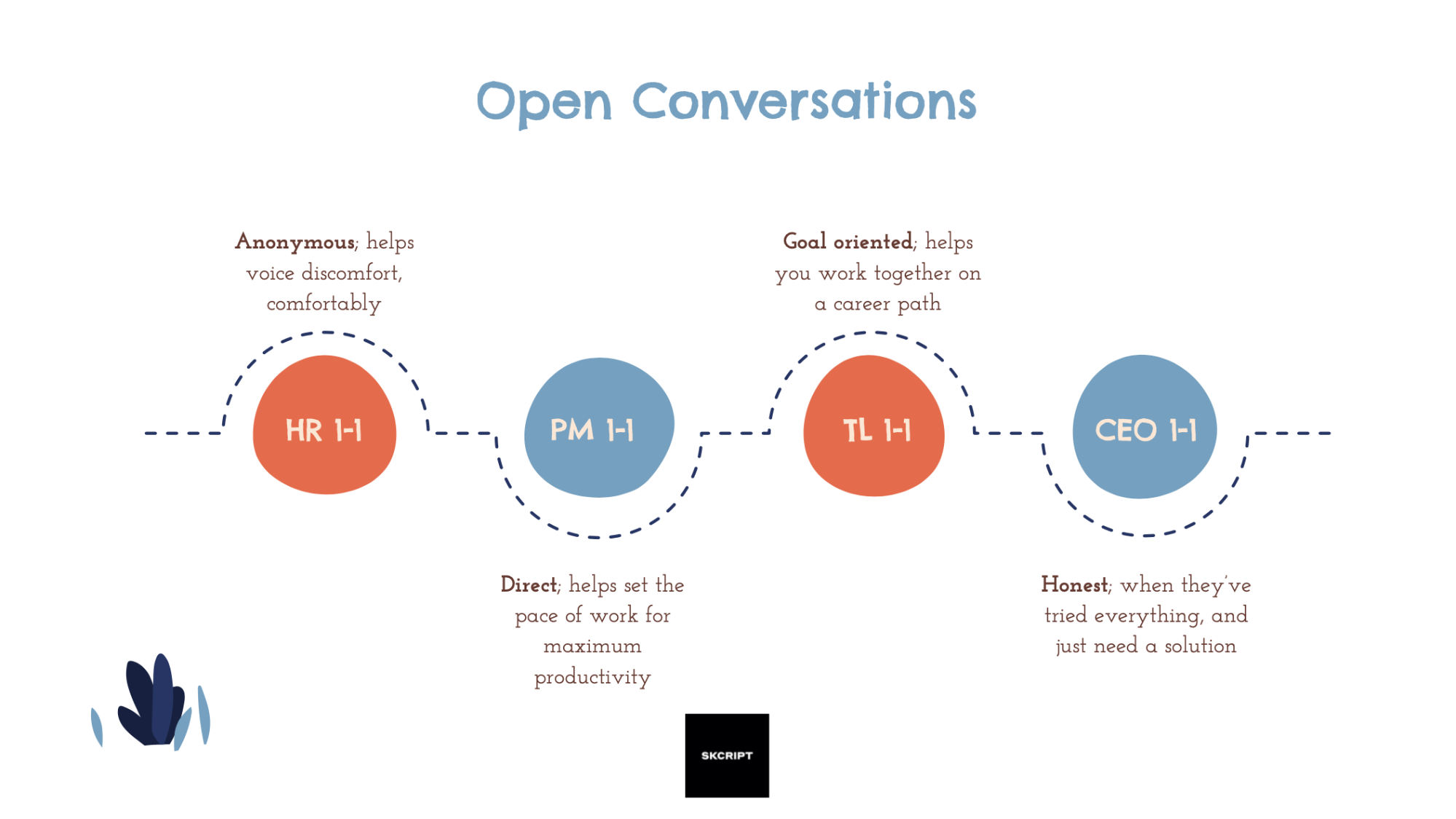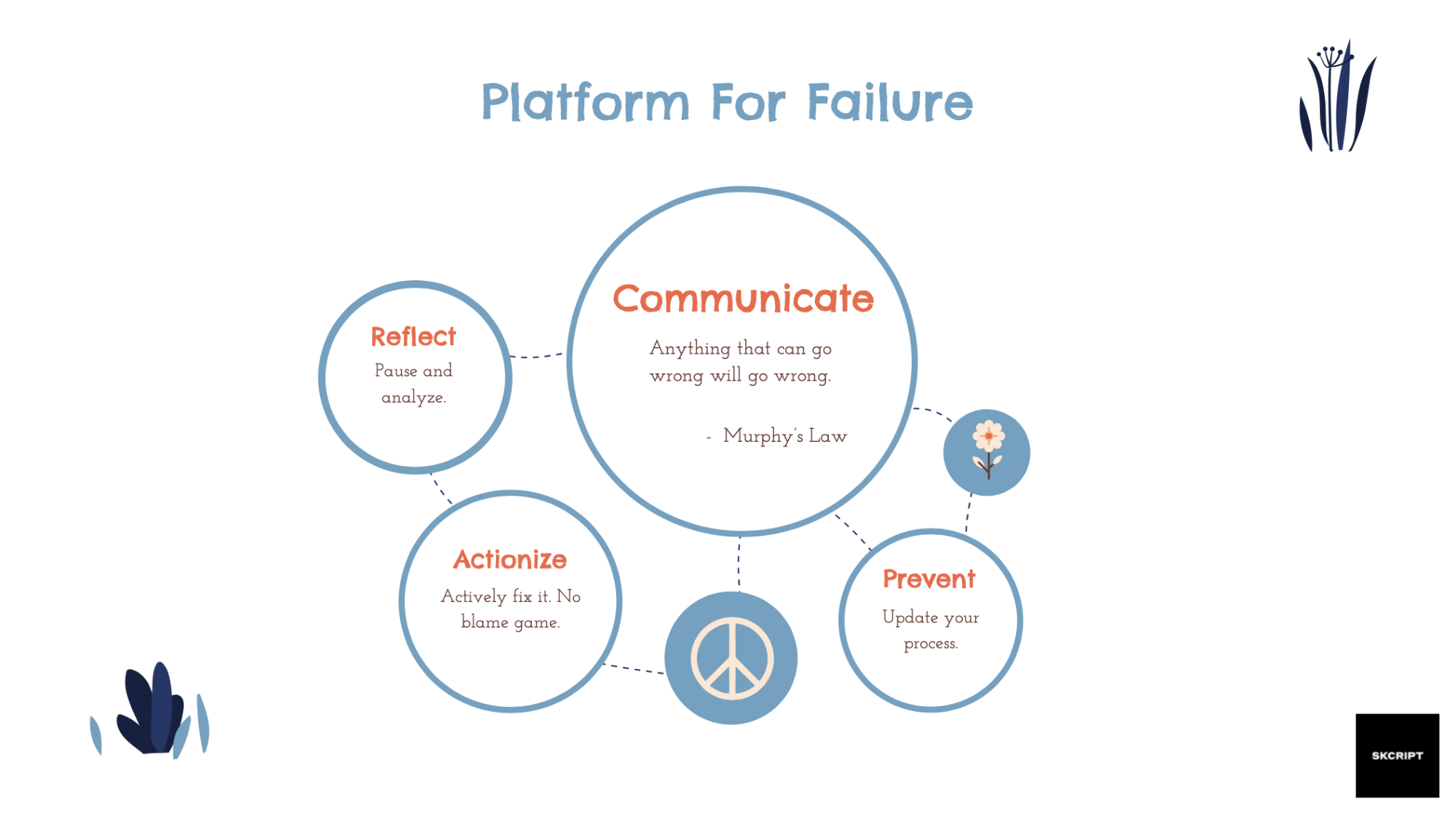The word "culture" gets thrown around quite a bit and can mean so many different things to managers, leaders and companies that it becomes easy to gloss over and deprioritize its importance in efficiency. When you're a startup founder, a tech startup founder, your company is your people. While other businesses sell bottles and cans, you sell a vision, you sell creativity, something intangible which is a direct reflection of your people's values.
And let's get something straight - culture is NOT foosball tables, bean bags or the yearly Ayudha pooja where everyone awkwardly grabs a sweetbox. Well at least, it's not just.
Culture is what makes people feel good about where they work. Culture is what makes work "fun." Culture is why people want to get things done and not punch a timecard. Culture makes people want to stay and be part of something bigger. Culture makes a team that succeeds.
Culture is a driving force behind how teams and individuals operate and become successful.
A great organizational culture acts like your north star. It's what guides your people everyday and especially, in times of conflict. It is your identity.

Building Culture
If you want to change the way of being, you have to change the way of doing.
Change begins with you. Especially if you're the founder. Building great culture starts with inspiring people to build along with you.
According to Bain & Co there are 33 traits of an inspiring leader. These are divided into four areas: developing inner resources, connecting with others, setting the tone, and leading the team. Stress tolerance, self-regard, and optimism help leaders develop inner resources. Vitality, humility, and empathy help leaders connect. Openness, unselfishness, and responsibility help set the tone. Vision, focus, servanthood, and sponsorship help them lead.
A study conducted by the Harvard Business Review found that you only need to be exceptional in one of the traits to double your chances of being an inspirational leader.
However, there is one trait that trumps them all: centeredness. The study found that most inspirational leaders are calm under pressure, empathize, listen deeply, and remain present.
Culture At Skcript
We like to pride ourselves on the amazing culture we've built at Skcript. We treat each other well, don't have any sort of strict hierarchy, and we absolutely don't turn on each other.
This obviously didn't happen in a day. There were a lot of learnings involved and some mistakes made. However today, we enjoy coming into work every day.
We did this by focussing on 5 core principles.
Team Activities
We work together like a well oiled machine, because we actually enjoy being together. If it's a Friday evening at work, you can bet good money we're playing some game or the other. On other days, we come together for some activities for the brain like TwoCents or NerdChat which encourages the team to share knowledge. And almost always, we're vibing in our internal frontpage, Connect. We post movie reviews, tech framework resources, productivity hacks and just about everything under the sun.

Open Conversations
The best relationships are those where you can wear your heart on your sleeve without worrying about the repercussions. We encourage everyone to speak openly by setting up a platform that doesn't judge. We do this by having different kinds of 1-1s. You have your standard HR 1-1 where you can voice out discomfort, comfortably and anonymously. There are PM 1-1s to help set a pace of work that helps you achieve maximum productivity on your own terms. There are TL 1-1s to help set you up for success by discussing career path and professional goals either at Skcript, or elsewhere. And finally when nothing is going right and you need a solution, talk to the CEO directly!

Prepared for Murphy's Law
If you've seen Interstellar, you know this. Murphy's Law basically says anything that can go wrong, will go wrong. So instead of ensuring that everything goes right, we plan for the worst case scenario too.
When things go south, we never play the blame game. Instead we encourage people to reflect, actionize and prevent!

Clear Communication
It's not fair to put the onus of open communication on just the employees side. As much as possible, the management tries to be as transparent as can be. When there's good news to share, it's shared and the same with bad news. This is a two way street!

Conclusion
Culture is something that's never set in stone. We always revisit, restructure and rethink about this. What worked two years ago, definitely doesn't work anymore. And what works now, won't a few years down the road. With culture, it's something that constantly changes and that's good, it means you're alive!
However, one thing is for certain, if you're building a company you need great culture!
